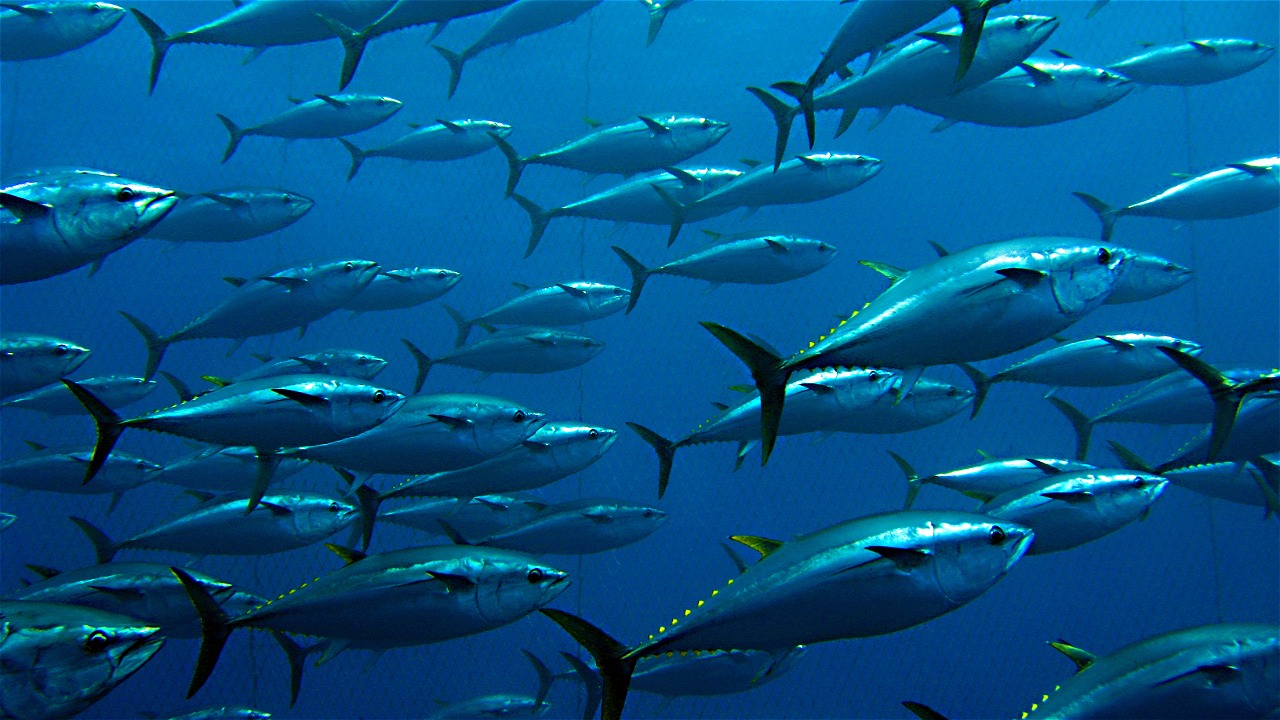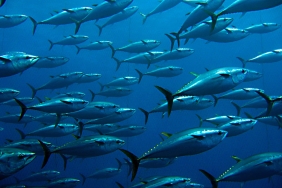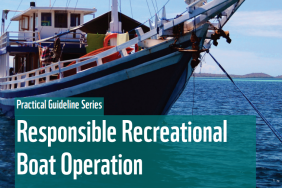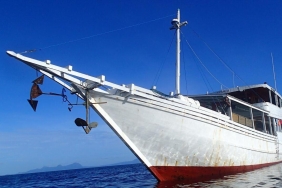INTENSIFYING THE SCIENTIFIC STUDY OF SUSTAINABLE TUNA IN INDONESIA
Tuna is a shared fisheries resource due to its migratory range and stock. In addition, from an economic perspective, tuna is one of the important fishery commodities for Indonesia and the world. The tuna fishery resource itself consists of two groups, namely big tuna and small tuna. There are four types of big tuna in Indonesia, namely yellowfin or madidihang (Thunnus albacares), big eye (Thunnus obesus), southern bluefin (Thunnus maccoyii), and albakor (Thunnus alalunga). Small tuna also consists of four species in Indonesia, namely skipjack (Katsuwonus pelamis), komo cob (Euthynnus affinis), krai cob (Auxis thazard), and gray cob (Thunnus tonggol). In 2011, no less than one million tons of Indonesian tuna were exported to various destinations of major tuna buying countries, such as Japan, America, and several countries in the European Union. The export value also reached 11 trillion rupiah. Therefore, Indonesia is among the top five major tuna producing countries in the world. However, in the last few decades there has been a decline in the stock of tuna in nature.
Many problems are faced by tuna fisheries in Indonesia, such as management aspects, resource aspects, technological aspects, to data and information aspects. If these problems continue to be ignored, they will cause a decrease in tuna resource stocks and can threaten the continuity of Indonesian tuna businesses and businesses. The development and trend of market demand for environmentally friendly tuna products is also a challenge and opportunity for Indonesia.
WWF-Indonesia and the Ministry of Marine Affairs and Fisheries are working together to improve the quality of tuna fisheries management by organizing the National Tuna Symposium. The National Tuna Symposium with the theme Sustainable Tuna Fisheries Management is expected to present the latest scientific information to be considered in improving tuna fisheries management in Indonesia. There are six themes that presenters can choose from in developing their studies: tuna stock status, harvest control rules, technological developments and sustainable tuna fishing fleets, sustainable and equitable tuna fisheries markets, sustainable tuna policies and management, and international tuna fisheries requirements and resolutions. This symposium also involves all elements related to the field of tuna research such as government, private sector, researchers, and academics.
For more information,
Download Leaflet National Symposium on Sustainable Tuna Fisheries Management





